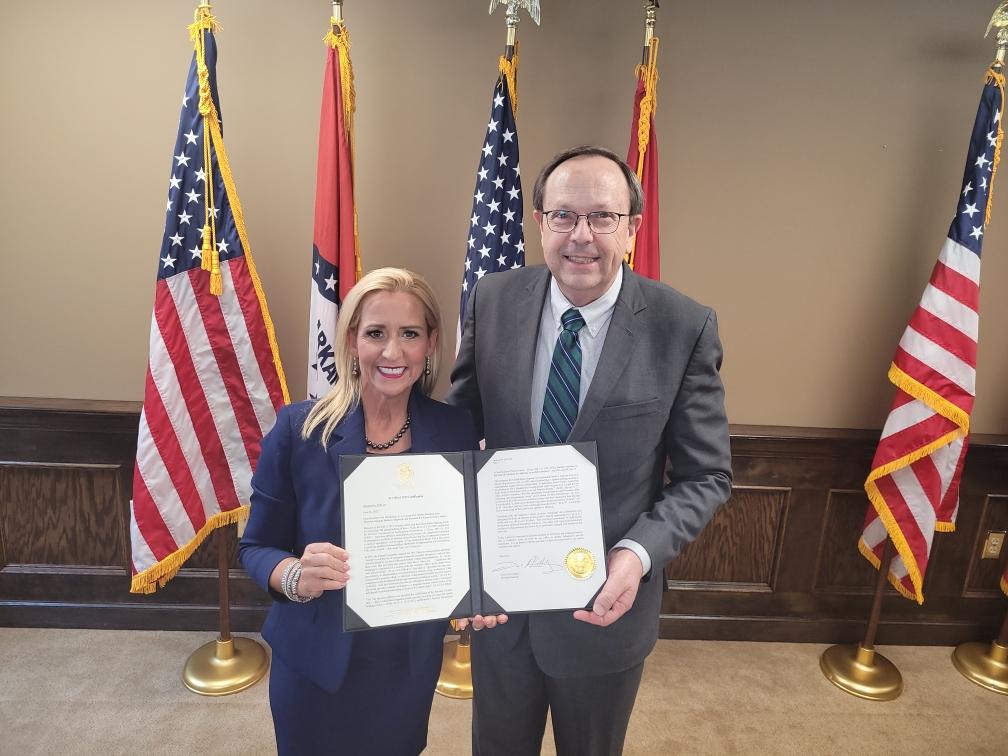
After the U.S. Supreme Court reversed Roe v. Wade, Act 180 of 2019 prohibiting abortion except to save the life of the mother took effect in Arkansas.
Below is a brief overview of what Act 180 says:
- Act 180 prohibits abortion in Arkansas except to save the mother’s life.
- The law contains clear exceptions for ectopic pregnancies.
- It contains clear exceptions for contraception—including the “morning after” pill or Plan B.
- Act 180 doesn’t criminalize miscarriage. It specifically allows procedures to remove an unborn baby who has died as a result of a miscarriage.
- The law cannot be used to prosecute a woman who has an illegal abortion.
- Act 180 says anyone who performs an illegal abortion in Arkansas can be fined and imprisoned.
- The law doesn’t prohibit an OB/GYN from inducing labor or performing an emergency C-section or similar procedure to protect the mother or the unborn child.
- Act 180 doesn’t prevent a pregnant woman from receiving medical treatments—such as chemotherapy—that carry risk for the unborn child.
Act 180 of 2019 had 47 legislative sponsors and co-sponsors. Three-quarters of the Arkansas Legislature voted in favor of the measure, and Governor Hutchinson signed it into law.
Public opinion polling has shown 79% of likely voters in Arkansas believe abortion should be either completely illegal or legal only under certain circumstances. Act 180 reflects that. It generally prohibits abortion, but it makes exceptions for serious medical complications—like an ectopic pregnancy—and for circumstances when the mother’s life is in jeopardy.
You Can Read Act 180 of 2019 Here.
Right now an effort is underway in Arkansas that would repeal Act 180 and write abortion into the Arkansas Constitution.
If passed, the Arkansas Abortion Amendment would allow thousands of elective abortions in Arkansas every year.
The amendment does not contain any medical licensing or health and safety standards for abortion, and it automatically nullifies all state laws that conflict with the amendment. That jeopardizes even the most basic restrictions on abortion.
The amendment contains sweeping health exceptions that would permit abortion on demand through all nine months of pregnancy in many cases.
The amendment also would pave the way for publicly funded abortion in Arkansas by changing Amendment 68 to the Arkansas Constitution that currently prohibits taxpayer funded abortion in the state.
Arkansans have generally opposed taxpayer-funded abortion, but taxpayer-funded abortion through all nine months of pregnancy could become a reality in Arkansas if the abortion amendment passes.
You can download a copy of the abortion amendment here.
Articles appearing on this website are written with the aid of Family Council’s researchers and writers.



